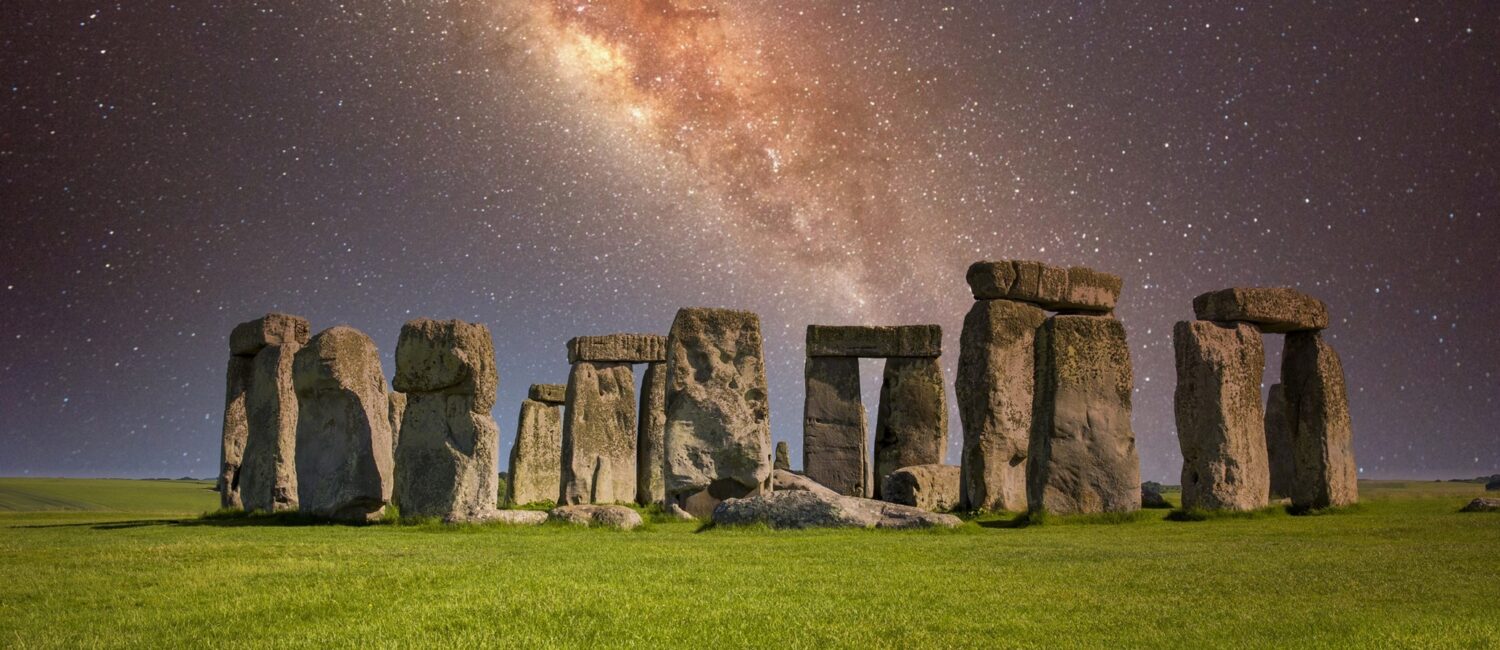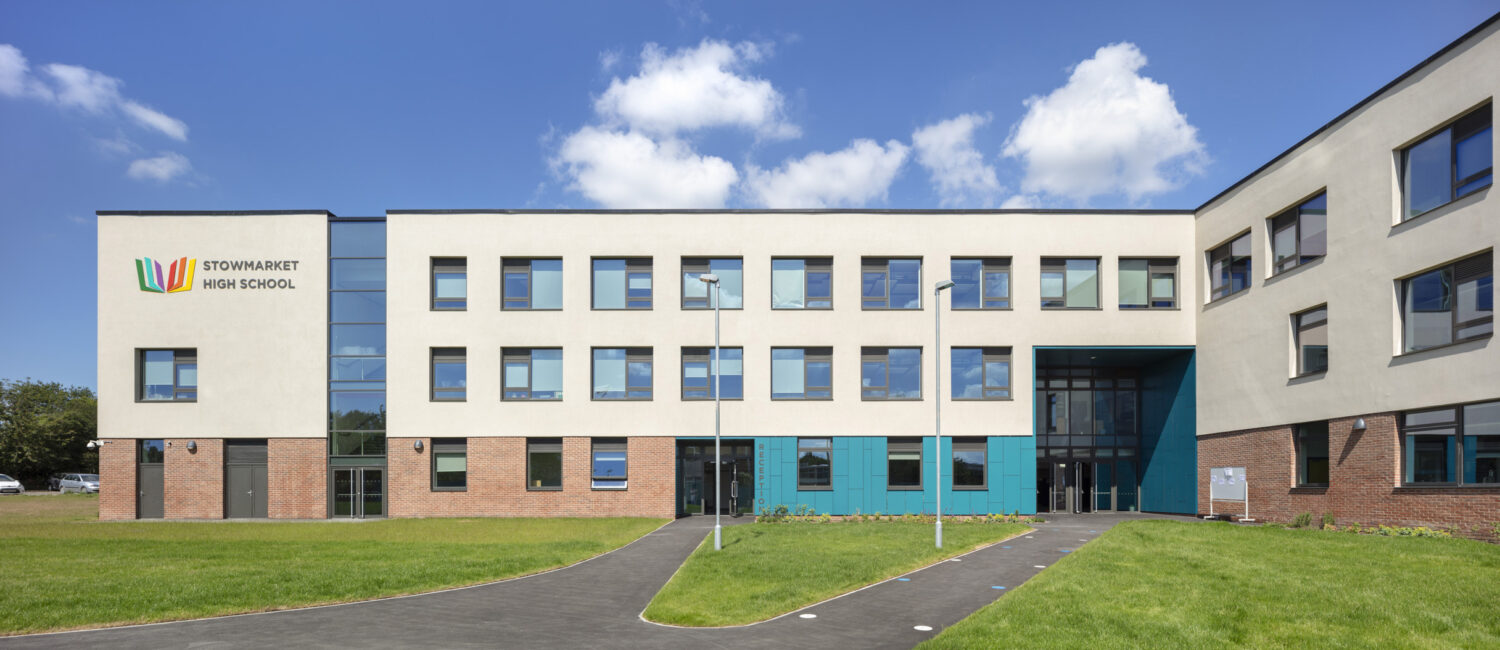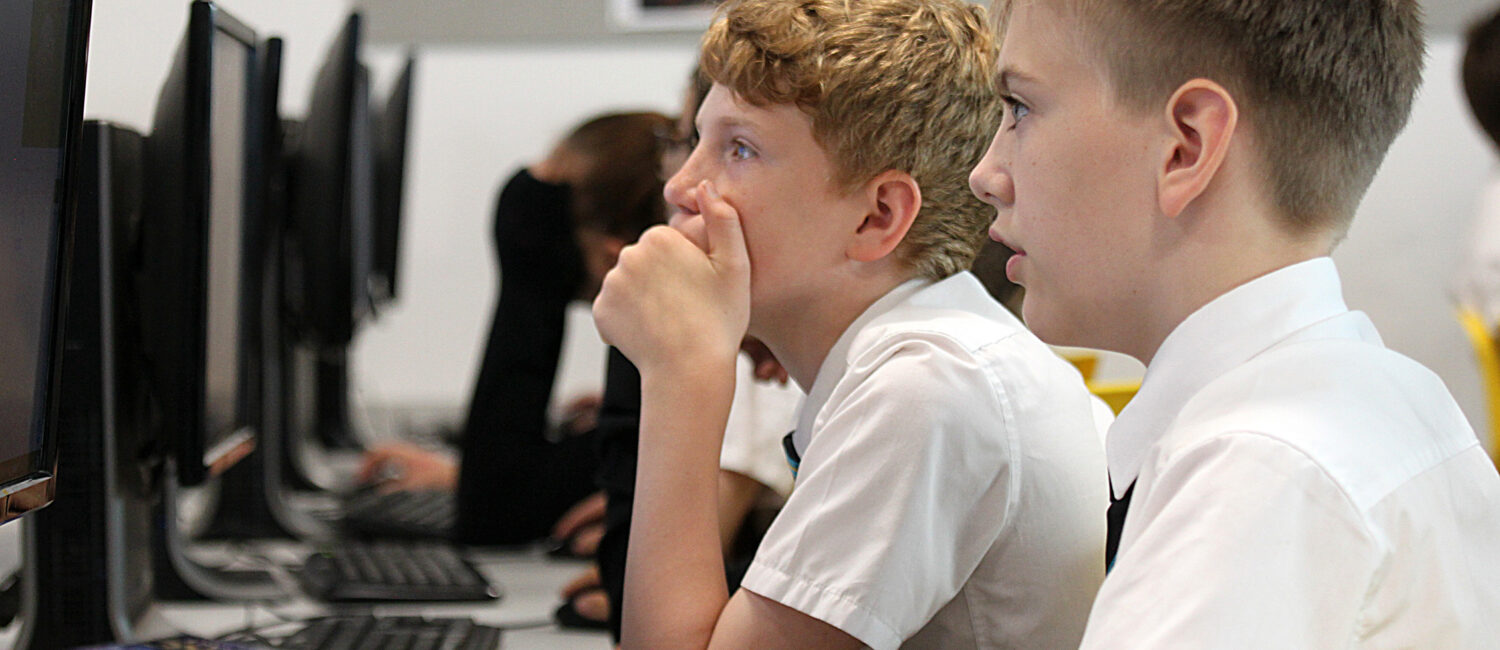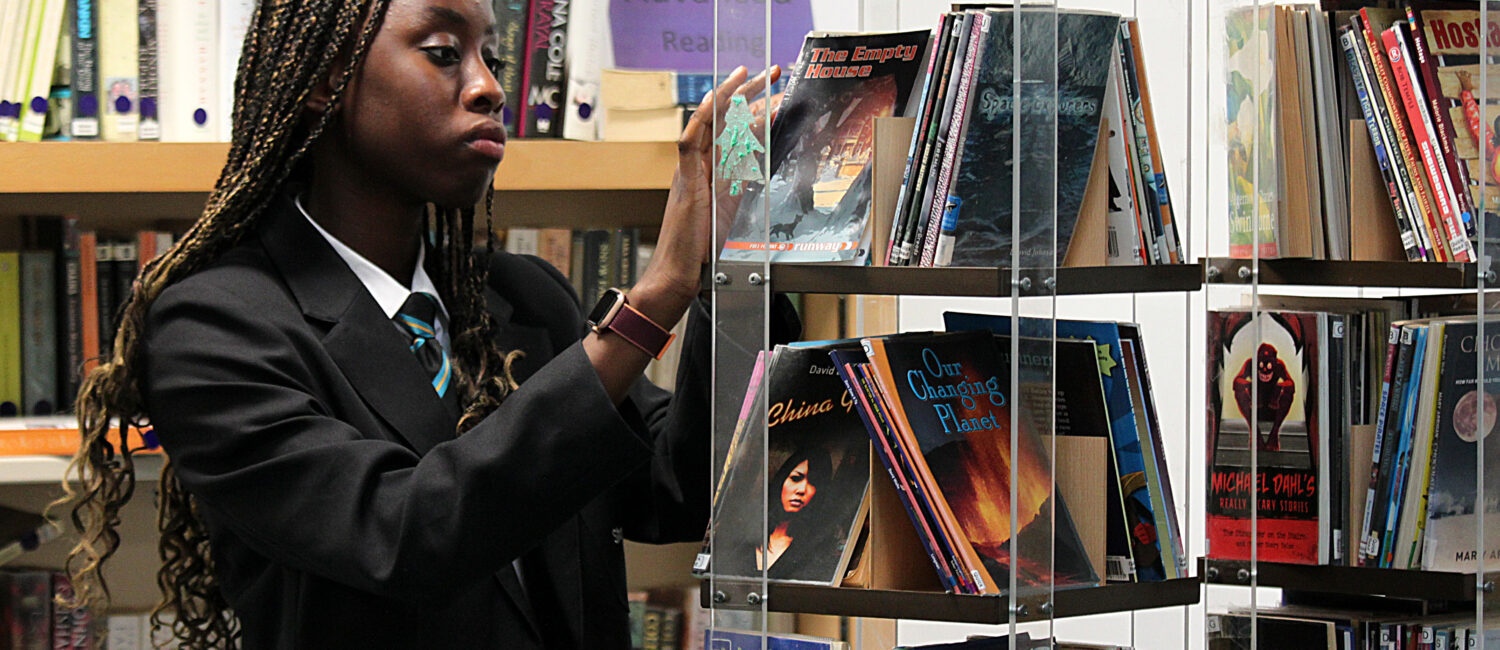History
History Learning Journeys
Year 7
Year 8
Year 9
Year 10 & 11
Year 10 & 11 2026
History Intent Statement
By studying history, students will gain a broad understanding of how the world developed from the medieval period to modern day through carefully selected historical events. The events are chosen to help students comprehend the incredible journey of development, conflict, control and growth of freedoms around the world.
Such knowledge and skills enable students to engage fully with the world around them, for example:
- They will have a broad understanding of how democracy developed and the sacrifices people made to achieve this
- They will appreciate the influences of different cultures and understand how diversity and tolerance of the differences in people benefits a society
- They will learn about the impact of significant events such as the First World War, the Holocaust and 9/11
Students will have a good understanding of different methods of government and how their actions and those of key individuals shaped attitudes in the world around us. They will study historical events from diverse viewpoints to develop a good understanding of the interactions between different ethnic groups and genders, as well as appreciating the successes of other races.
In all years students will be able to study history using both original evidence (for example, letters, diaries, court records, censuses, works of art, extracts from chronicles) that has been left behind, alongside interpretations from modern historians, as well as specifically chosen biographies.
The use of a variety of media through which history is studied allows the students to develop skills of critical thinking, analysis and evaluation. Alongside these skills they will be given guidance on how to write analytically in developing their own style, including being able to present balanced argument.
The KS3 curriculum is taught chronologically starting from around the year 1000 CE. There are three main aims of the KS3 curriculum:
- To broaden the vocabulary of the students to give them a more developed understanding of complex words used in everyday life
- To develop their understanding of how Britain’s place in the world developed, changed and its impact
- To understand different methods of government and the challenges they faced
The events studied in KS3 are chosen with two aims in mind.
- To ensure the students have a good chronological overview of change and continuity
- To give students foundation knowledge that will support their study of history at KS4 and beyond
By the time students have finished their study of history in KS3 they will have a solid understanding of how the world around them developed alongside an appreciation of the important impact of diverse cultures in society.
However, we do hope that students will learn to love studying history as much as their subject specialist teachers do and progress to studying history at KS4. A GCSE in history is very useful in a variety of further education and vocational subjects. The transferrable skills in analysis, evaluation and extended writing are transferrable into careers as diverse as law, journalism and media, building conservation, tourism, and politics.
The subjects chosen for KS4 cover a substantial breadth of time from the medieval kingdoms of the Anglo Saxons and William the Conqueror to the expansion and settlement of the American West during the 19th century and the rise of Hitler and the Nazis in post-war Germany. In addition, they will study the development of medicine from the medieval period through to modern day. This breadth enables students to progress their historical knowledge and advance the skills they have begun to learn at KS3.
All the history subject teachers are specialists who have taught history up to and including KS5 so they are also able to provide support and advice for any students who are interested in taking their love of history into higher education.




